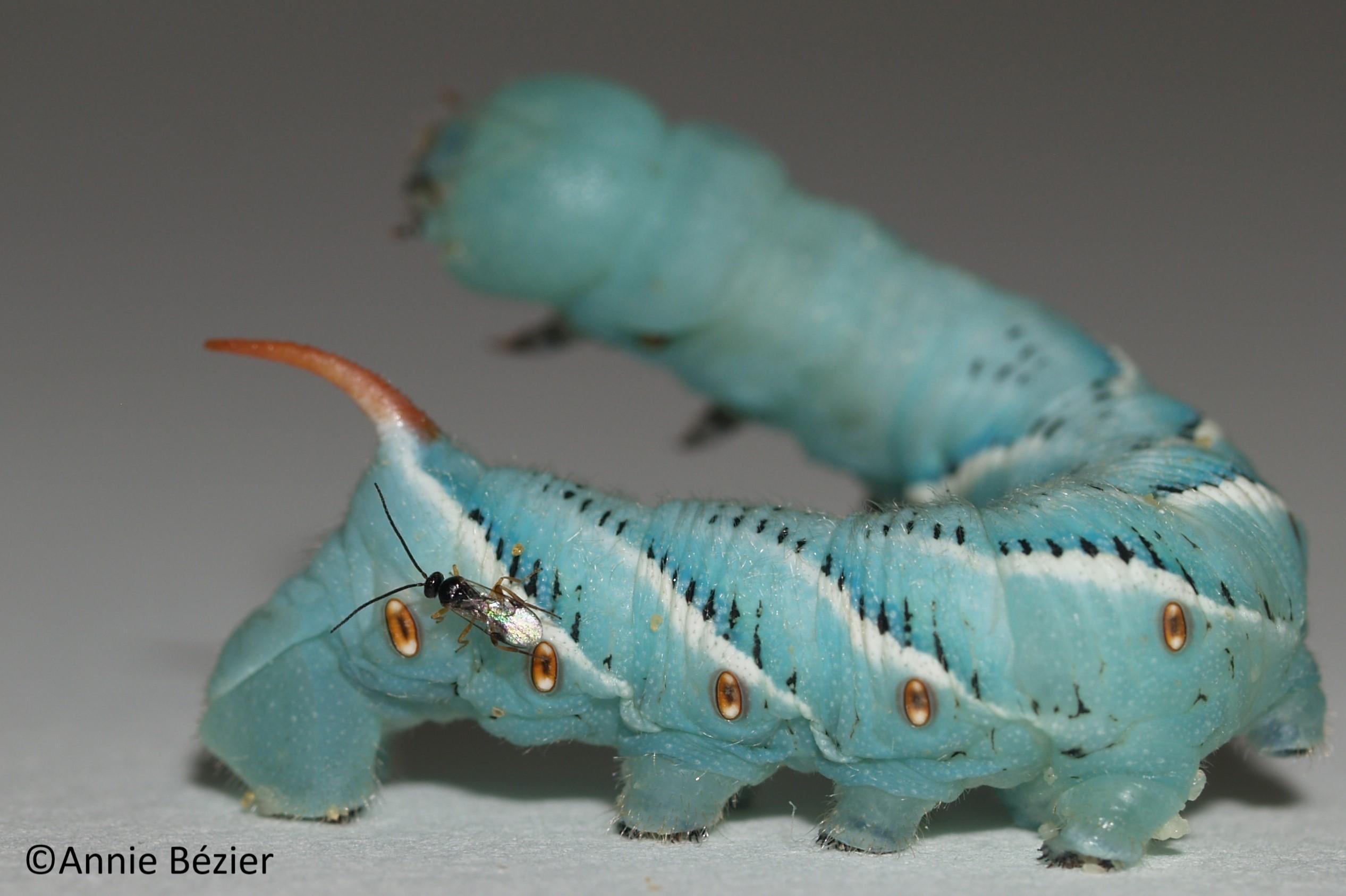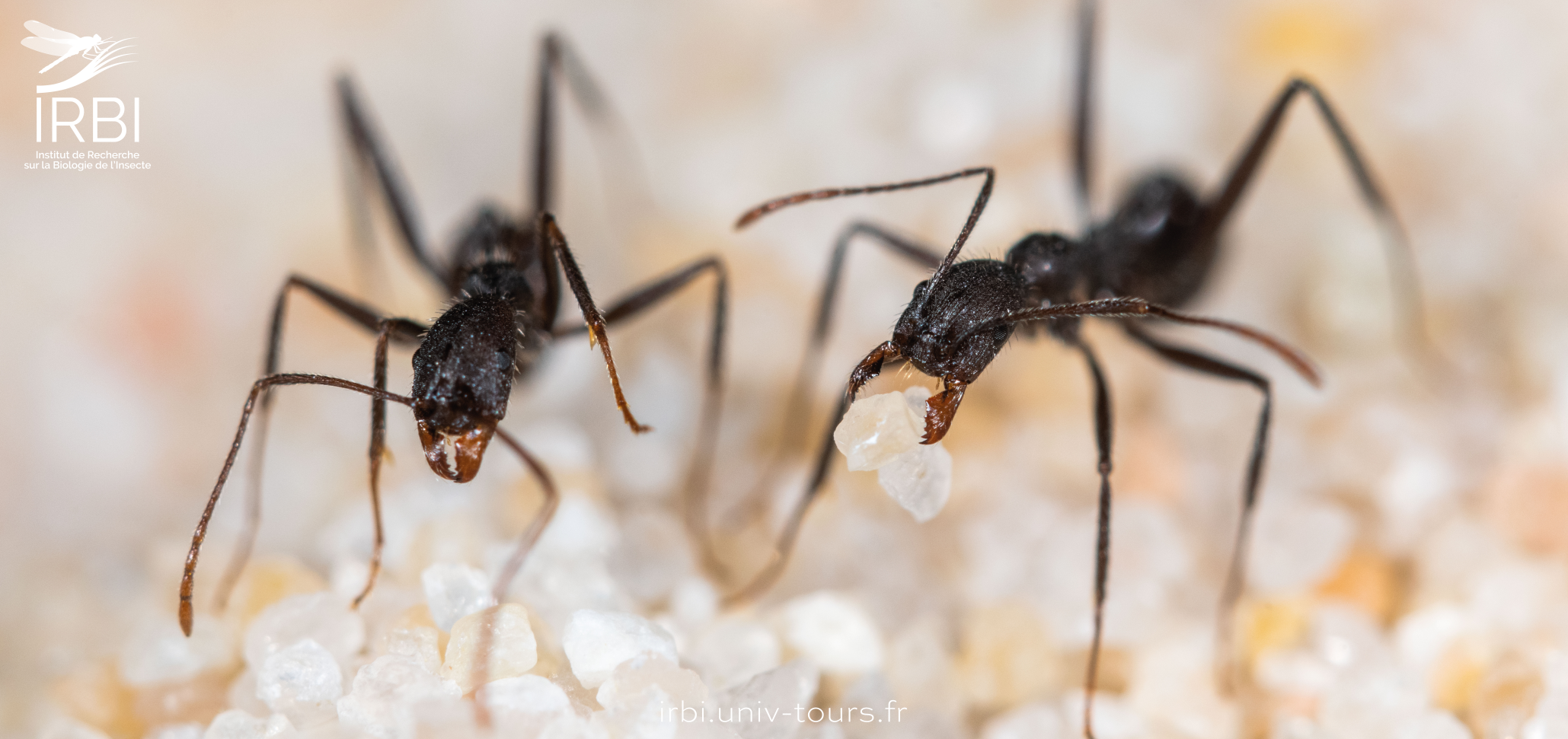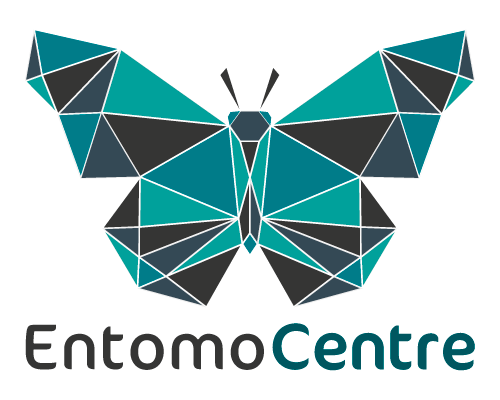Research
IRBI's research is structured around 3 research groups (IMIP, ESORE and INOV) and 4 inter-team issues aimed at combining our scientific strengths and skills with issues of general interest. IRBI also runs a scientific network on insect sciences (Entomocentre), offers recognised expertise on many aspects of entomology and provides specific services for professionals.
Group 1 IMIP : biodiversity and Interactions between Micro-organisms/ Insects/ Plants
The themes of the IMIP team are strongly anchored on the understanding of the functioning and evolution of multi-trophic interactions in which insects engage, whether with viruses or bacteria, plants or other insects. The objective is to study, through functional approaches, interactions at the level of molecular mediators, genomes, populations and species.
More about IMIP
Leader: E. HUGUET Professor
Group members
IMIP Publications

More about IMIP
Leader: E. HUGUET Professor
Group members
IMIP Publications

Group 2 ESORE : Social Evolution and Responses to the Environment
The Team ESORE aims at better understanding the functioning and evolution of interactions between insects and their social and abiotic environments, as well as the behavioural and physiological responses of insects to anthropic stresses such as global warming, pesticides and endocrine disruptors. The complementarity of skills presented by the members of team ESORE allows us to address our research questions using a unique combination of approaches derived from the fields of evolutionary ecology, physiology, chemistry and molecular biology, as well as using a broad diversity of biological models such as parasitoid wasps, hornets, termites, ants and earwigs.
More about ESORE
Leader: M. GOUBAULT Professor
Group members
ESORE Publications

More about ESORE
Leader: M. GOUBAULT Professor
Group members
ESORE Publications

Group 3 INOV : INteractions Organisms-enVironment: mechanisms and responses to global changes
The general objective of the team INOV is to explain the response of organisms to environmental variations from the mechanisms at play at the scale of the individual. The team develops a multidisciplinary basic research based on the complementary skills of the members in ecology, physiology, neuro-ethology, biomathematics and physics. The team INOV tackles three mechanistic topics (thermal biology, sensory ecology and physical ecology) that later complement each others to feed the basis for integrative studies on the processes occurring at larger scales (population, communities and ecosystem functioning): climate change, biological invasions and agroecology. The team invests energy to provide answers to most important socio-economical challenges such as the response of biodiversity to global change, agroecology, biomimetism, insects as vectors for disease, and biological conservation.
More about INOV
Leader: S. PINCEBOURDE CNRS Researcher director
Group members
INOV Publications

More about INOV
Leader: S. PINCEBOURDE CNRS Researcher director
Group members
INOV Publications

Issues
Conceived as cross-disciplinary scientific coordination structures, the IRBI's 4 challenges are designed to capitalise on the complementary nature of the expertise and methodologies of each team. The objectives of these challenges are to encourage the emergence of new and original thematic proposals, to create an operational force that can respond effectively to external requests and, finally, to ensure the visibility of our research themes and our expertise on a local, national and international scale.

Issues #1 - Biodiversity and the environment - Leader : S Boyer, Professor
Issues #2 - Global change - Leader: S Pincebourde, CNRS Researcher director
Issues #3 - Insects, health and industry - Leader: E Herniou, CNRS Researcher director
Issues #4 - Insect-microorganism interactions - Leader: F Dedeine, University lecturer


